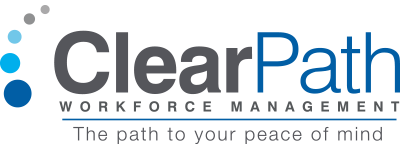ClearPath has partnered with Kay Coughlin, CEO and Chief Facilitator of Facilitator On Fire, who is an expert in team productivity and overcoming team roadblocks. She is on a mission to help Millennials, Gen X-ers and Boomers (and Zs and Traditionalists, too!) work together on teams that are higher-performing and happier. We hope you will find her article informative and helpful.
I once worked for a manager who spent a lot of time “protecting” my colleagues and me instead of leading us.
This manager worked for a leadership team who would not provide essential information, like budgets, in a timely manner. So our manager spent a lot of time meeting with us, saying a bunch of catchphrases, making empty promises, and guarding us from the leadership team. Our morale was low, our performance was weak, and we couldn’t figure out what to do with our days.
3 Key Actions
Our manager failed to perform these 3 key actions leaders must take to be great and lead great teams.
-
Be clear.
Define the words and phrases you are using. Tell people what their responsibilities are and what the rewards and consequences will be. Set definitive timelines, targets and goals. Communicate purpose. Coach team members to improve over time, and evaluate based on known criteria. Insist on getting answers to your questions and keep asking questions until you get the information you need.
-
Do not make excuses for people.
In a work setting, you have, presumably, hired adults. Adults are fully capable of being responsible for their own actions, behavior, thoughts and emotions. If you work with children or adults with diminished capacity, they can still be held responsible based on their individual experience level, capability to make judgments, and understanding of the world around them.
-
Model the behavior you want to see.
If you want your team to stay home when they are sick, stay home when you are sick. If you want people to tidy their desks, then tidy your desk every day before you go home. If you want everyone to be on your remote call 5 minutes early, then you must be on the call 5 minutes early. If you want people to act with kindness, then fetch a cup of coffee for and offer an understanding smile to the office assistant who just returned from paternity leave and is having trouble keeping his eyes open. If you want people to stick to meeting timelines and agendas, lead by example.
My manager could have been a better leader by simply saying, “I do not know what your budget is yet and I don’t know when you’ll have the information. I have asked and I will let you know when I have answers. I know this is hard. What can I do to support you in the meantime?”
For other questions about assessing your workforce or conducting a review of your current hiring processes, the ClearPath team can assist you.
- Written by: Kay Coughlin
- Posted on: May 29, 2019
- Tags: EMPLOYER OF RECORD SERVICE, ENGAGING W-2 WORKERS, FORM I-9, INDEPENDENT CONTRACTOR COMPLIANCE, W-2 Worker Classification, Workforce Classification

